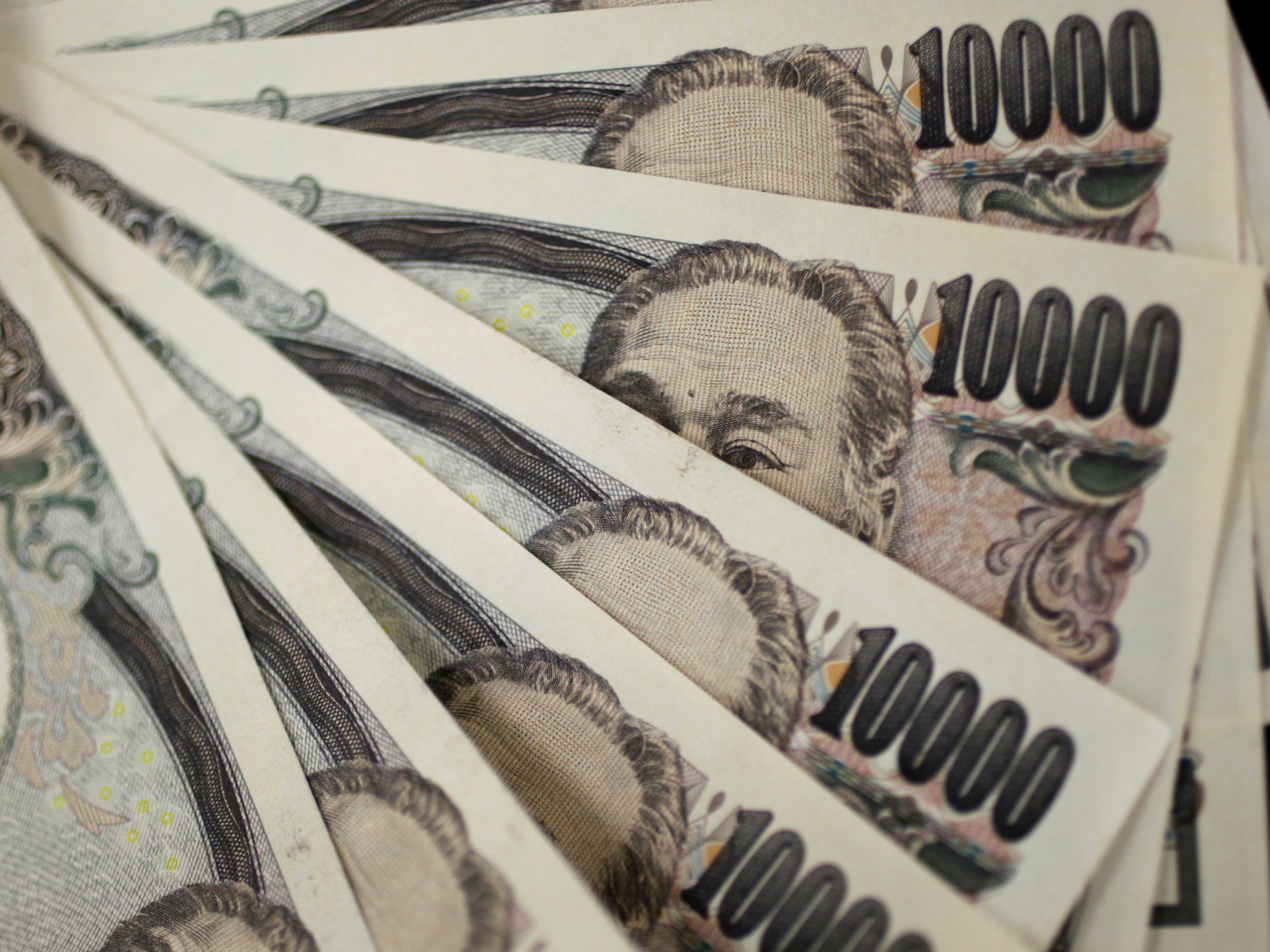Japanese currency, the yen, has recently fallen to its lowest level against the US dollar in 34 years, reaching 160.17 per dollar. This has raised concerns among Japanese authorities about the need to stabilize the currency. The decline in the yen can be attributed to several factors, including the Bank of Japan’s decision to keep interest rates at ultra-low levels while other central banks have raised borrowing costs. Despite recent increases in interest rates by the BOJ, the downward trend has continued due to expectations of rate cuts in the US that have diminished due to higher-than-expected inflation.
A weaker yen has benefited Japanese exporters and boosted tourism revenue. However, it has also led to higher prices for imported goods, putting pressure on household budgets. Japanese officials have indicated their willingness to intervene in the foreign exchange market to prevent excessive fluctuations in the yen’s value. Last Friday, the Bank of Japan maintained its benchmark interest rate at 0-0.1 percent. BOJ Governor Kazuo Ueda emphasized that exchange-rate volatility would only impact monetary policy if it significantly affected the economy and prices. If necessary, adjustments may be considered in response to stabilize the currency and prevent further fluctuations.



